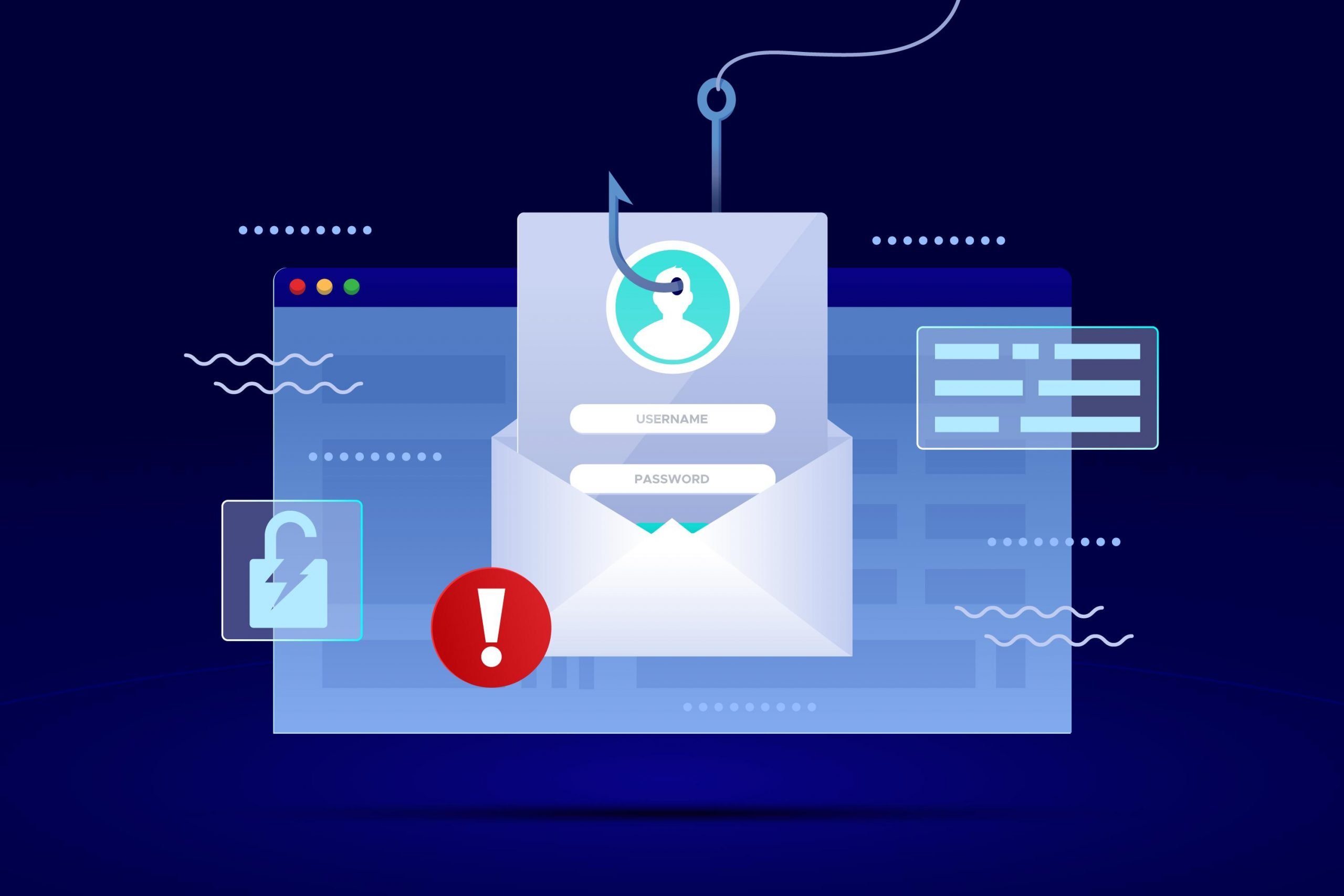Phishing is when scammers contact you, mostly via email or text, to try and get personal information from you. They try to get your passwords, account numbers, and in some cases even your social security numbers. With this information, they can access your emails, bank accounts, and steal your identity.
Phishing attempts are serious, and you need to be constantly looking for suspicious emails that could be scammers trying to exploit you.
At SimplyBuilt Sites, we are committed to making sure that we give you the most updated information on how to keep yourself and your business safe on the internet. Because of that, we wanted to notify our community of a new phishing email that is going around.
Here’s one example of the email that we found:
Hello,
This is Melynda and I am a professional photographer and illustrator.
I was baffled, frankly speaking, when I came across my images at your web-site. If you use a copyrighted image without my permission, you need to be aware that you could be sued by the owner.
It’s unlawful to use stolen images and it’s so mean!
Take a look at this document with the links to my images you used at <your domain> and my earlier publications to obtain evidence of my legal copyrights.
Download it now and check this out for yourself: <Google Sites phishing attempt link>
If you don’t remove the images mentioned in the document above within the next several days, I’ll write a complaint on you to your hosting provider stating that my copyrights have been infringed and I am trying to protect my intellectual property.
And if it doesn’t work, you may be pretty damn sure I am going to report and sue you! And I will not bother myself to let you know of it in advance.
As a small business owner, getting an email like this is likely to cause you to immediately try and remedy the situation by complying with the request. This is a scam and you should never click on any links in emails from senders and companies you do not recognize.
In general, if you really do have an image that is copyrighted on your site, you will get a notice from the company that hosts the image (like Shutterstock, Getty, Canva or Picsy). This email will come directly from the company and will likely include a formal notice of the copyright violation with steps that you need to take. It might contain a link to the image, but it will not ask you to download anything or ask for your credentials.
When in doubt, email the company you got the image from directly and confirm that they emailed you about the image. This is a small step that can help prevent you from accidentally falling victim to a phishing scam while still protecting your business.
The most surefire way to avoid copyright scams is to make sure that you are getting all your images from the proper sites. Make sure that you have the proper permissions to use the images, so you don’t have to worry about “what if” scenarios like this.
When in doubt, do not click on any links from suspicious emails or text messages. This will help keep you and your business safe. Still have questions about internet safety? Contact SimplyBuilt today!

